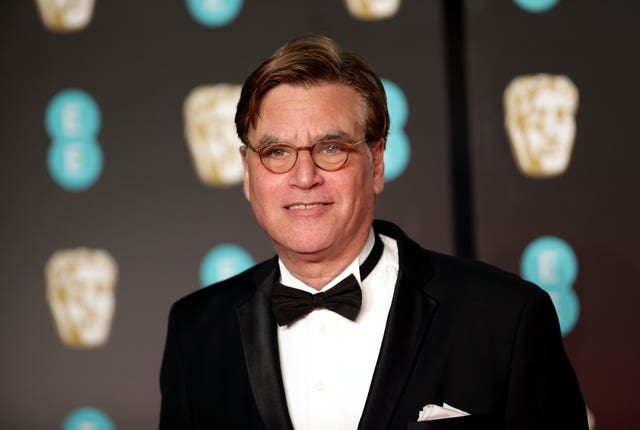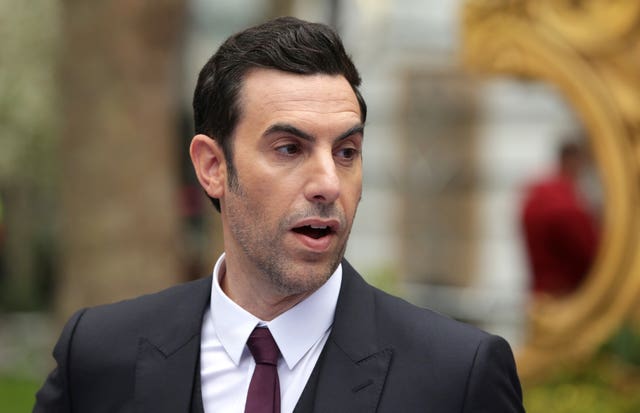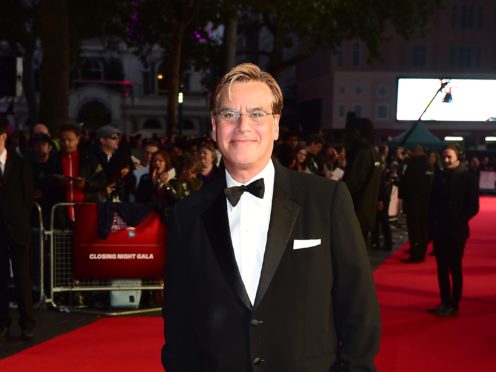Aaron Sorkin has said he wanted The Trial Of The Chicago 7 to be about the world today and not the events of 1968.
The film follows the notorious trial that followed what was intended to be a peaceful protest at the 1968 Democratic National Convention, but turned into a violent clash with police and the National Guard.
The organisers of the protest — including Abbie Hoffman, Jerry Rubin, Tom Hayden and Bobby Seale — were charged with conspiracy to incite a riot.

Writer and director Sorkin said in a livestreamed discussion for London’s Southbank Centre: “I never wanted the film to be about 1968, I always wanted it to be about today.
“But none of us could have imagined how much like today it was going to end up being.
“I did dozens of drafts of the script and I never made any changes in the script to reflect events in the world.
“It was just that events in the world started changing to reflect what was going on in the story.”
He said Black Lives Matter protests triggered by “police brutality” and the deaths of George Floyd and Breonna Taylor in the US replicated the events depicted in the film.
“If you turned on the news at night, the news coverage looked like if you just degraded the colour a little bit, it would look exactly like the footage we used from 1968,” he said.
In a reference to the storming of the US Capitol, he added: “And then, of course, as a grand finale on January 6, Donald Trump and others stood at a microphone and did exactly what the Chicago Seven were on trial for.”

The Trial Of The Chicago 7, which stars Sacha Baron Cohen and Eddie Redmayne, is nominated for multiple awards at this year’s Oscars and Baftas.
Sorkin said he felt a “sense of responsibility” while making the film.
“When you are writing about real people, some of whom are still alive, all of whom have family members alive, you feel a sense of responsibility,” he added.
Sorkin also said he did not know the story of the Chicago Seven before he was asked to make the film.
“It was 2006 that I was asked to come over to Steven Spielberg’s house on a Saturday morning, and to be clear that is not common,” he said.
“He told me that he wanted to make a movie about the Chicago Seven and I said, ‘Sounds great, count me in. Chicago Seven, this will be a terrific film’.
“And I left his house immediately, called my father and asked my dad who the Chicago Seven were.
“I was just saying yes to doing a movie with Steven Spielberg.”
